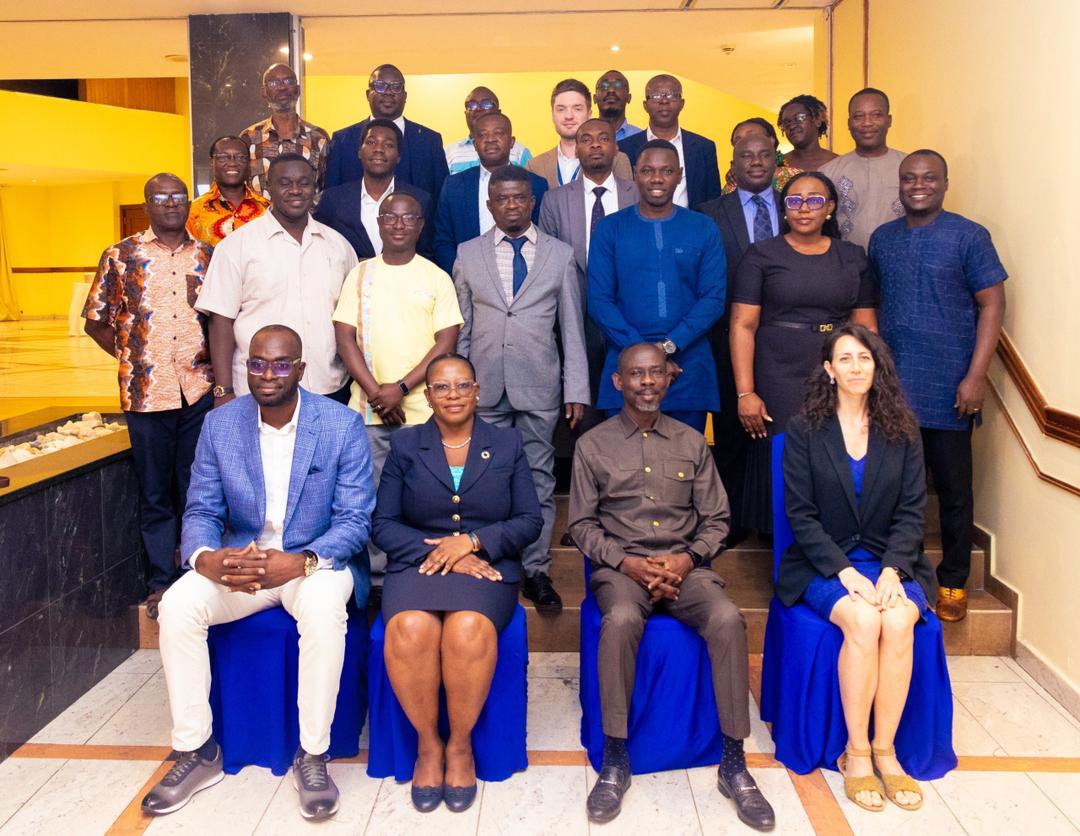National Development Planning Commission
National Development Planning Commission

The National Development Planning Commission (NDPC) in collaboration with UN trade and development held a high-level meeting on illicit financial flows (IFFs) on Monday, September 1 2025, to present the preliminary estimates of IFFs in Ghana, particularly in sectors such as gold, oil, and vehicles; to secure high-level commitment to translate the findings into concrete policy actions and anti-corruption strategies and also to leverage the expertise of national stakeholders and international partners, including the UN, to forge a robust national response.
Delivering the opening remarks, Director-General of the National Development Planning Commission (NDPC), Dr. Audrey Smock Amoah, described illicit financial flows as one of the most significant threats to Ghana’s economic sovereignty and developmental aspirations as well as financing of the SDGs. According to her, despite these efforts, Ghana faces an annual SDG financing gap of about US$43 billion and by tackling illicit financial flows the gap would be bridged to support the country’s development priorities.
Dr. Amoah highlighted Ghana’s pioneering role in Africa since 2021, with technical support from UNCTAD, in moving beyond anecdotal evidence to the measurement of IFFs. She also added that Ghana now stands ready to present the preliminary findings of this rigorous work, while emphasising the importance of collective action with new institutional leaders and concluded by thanking UNCTAD and all stakeholders for their continuous support in the project.
The Director of Statistics at UNCTAD, Ms. Anu Peltola, commended Ghana and its partners for pioneering work in measuring illicit financial flows (IFFs). She appreciated the collaboration between focal points, technical working groups, government agencies, national consultants and partners since 2021. The partnership aimed to implement and test globally agreed concepts and methods to measure tax and commercial IFFs. She also acknowledged the National Development Planning Commission (NDPC) and other institutions for their long-standing partnership in tracking and curbing IFFs.
Ms. Peltola emphasized that data and policy must work together to combat IFFs, which often occur through hidden or legal channels with damaging consequences. She stressed that systematic measurement is possible and can inform effective policy responses whiles highlighting global efforts since 2017, including developing conceptual frameworks and methodological guidelines to measure IFFs. These guidelines, according to her, have been piloted in 23 countries to strengthen national statistical capacities, demonstrating that measuring IFFs is crucial to support financing for development and domestic resource mobilization.
Ghana is one of 12 pioneering countries, including Angola, Benin, Burkina Faso, Gabon, Mozambique, Namibia, Nigeria, Senegal, South Africa, Zambia, and Egypt working to strengthen data-driven approaches to illicit flows.
#13 Switchback Road,
P. O. Box CT 633,
Cantonments, Accra - Ghana
Digital Address | GA-147-0671
Monday -Friday : 8am - 5pm
The National Development Planning Commission (NDPC) was established under Articles 86 and 87 of the 1992 Constitution as part of the Executive.